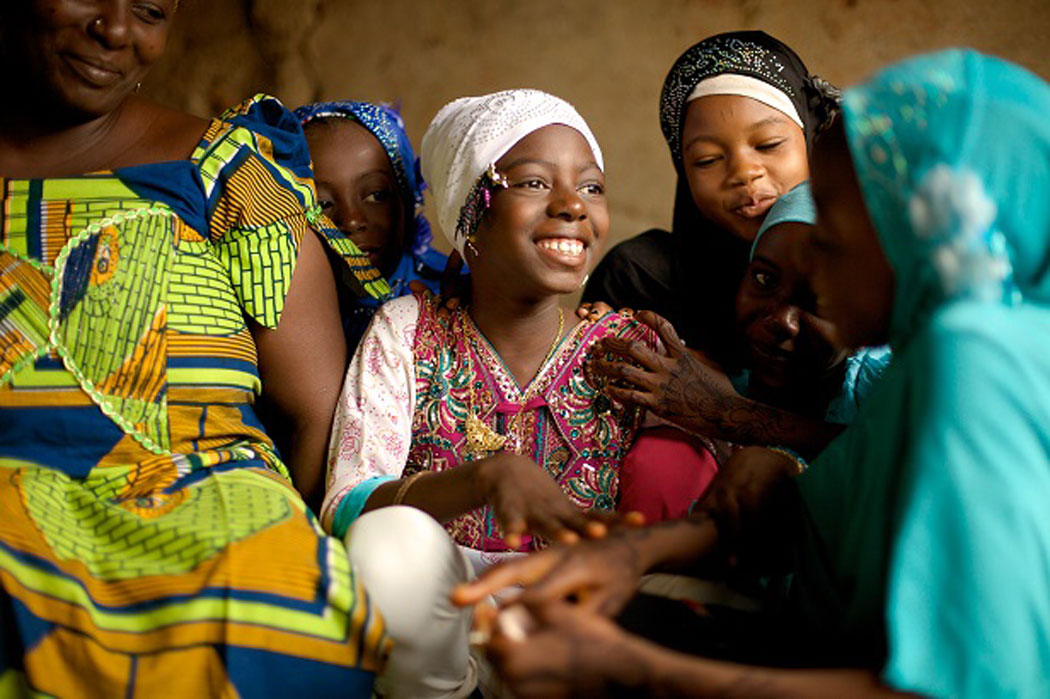The future of women is intricately linked with how society treats girls. Women empowerment does not begin with activists carrying banners on the streets as they agitate for equal rights. Women empowerment must start with the young women being born today. The modern woman, struggling against male domination, would have fared better if the values of self-dignity and equality of genders had been inculcated in them as soon as they became old enough to go to school.
Stealing the innocence of a young generation
It is for this reason that child marriage is an evil that should be condemned by all, including men. According to UNICEF, “Marriage before the age of 18 is a fundamental violation of human rights.” There is no justification whatsoever for this cruelty to children who should be playing and studying for a better future. UNICEF further asserts,
Child marriage often compromises a girl’s development by resulting in early pregnancy and social isolation, interrupting her schooling, limiting her opportunities for career and vocational advancement and placing her at increased risk of domestic violence.
Global child marriage statistics
The International Centre for Research on Women, while summarizing data presented by UNICEF in 2014, indicates that Niger had the highest prevalence of child marriages in the world. Specifically, 75% of girls in this Western African country are married before attaining the age of 18 years. This trend appears to affect the developing world more considering that a third of girls become wives before they reach eighteen years.
Child marriages spawn illiteracy
Back to Niger. Girls Not Brides, a website that advocates for the end of child marriage, opines that is some areas like Diffa the prevalence of this evil is 89%, almost universal. This in turn impacts education since 81% of women who are aged between 20 and 24 years are illiterate. This is essentially an entire generation of young girls, robbed of childhood, youth and education.
Acting to stem the tide
The United Nations Population Fund (UNFPA) has been partnering with the Niger government since 2012 in an initiative called Action for Adolescent Girls, to curb the vice. One of the main targets is to lobby the government to change the legal age for marriage from 15 to 19 years. Other reasons for this practice, according to UNICEF, are “poverty, the perception that marriage will provide ‘protection’, family honour, social norms, customary or religious laws that condone the practice, an inadequate legislative framework and the state of a country’s civil registration system.”
© EthLeen




